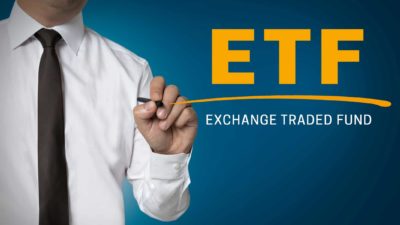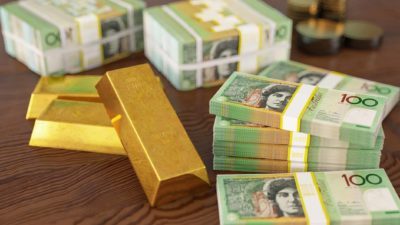The Vanguard Australian Shares High Yield ETF (ASX: VHY) may be best known for its high level of passive income. But there's more to consider about the ASX exchange-traded fund (ETF) than that.
ETFs pass on the dividends they receive to their shareholders, so the higher the dividend yield from an underlying holding, the stronger the yield collected by the EFT.
This is why the VHY ETF focuses on ASX stocks with a high dividend yield, investing in companies that have "higher forecast dividends relative to other ASX-listed companies."
It achieves diversification by (regularly) restricting the proportion invested in any one industry to 40% of the total ETF and 10% in any one company. Australian real estate investment trusts (REITs) are excluded from the fund.
Which ASX shares are in the VHY ETF portfolio?
The largest positions in the portfolio are some of the biggest companies on the ASX.
At the end of May 2024, these were the biggest weightings in descending order:
- Commonwealth Bank of Australia (ASX: CBA)
- BHP Group Ltd (ASX: BHP)
- National Australia Bank Ltd (ASX: NAB)
- Wesfarmers Ltd (ASX: WES)
- Westpac Banking Corp (ASX: WBC)
- ANZ Group Holdings Ltd (ASX: ANZ)
- Woodside Energy Group Ltd (ASX: WDS)
- Macquarie Group Ltd (ASX: MQG)
- Rio Tinto Ltd (ASX: RIO)
- Telstra Group Ltd (ASX: TLS)
Looking at the overall portfolio's balance, more than 60% of the sector allocation is to financial and mining shares, with weightings of 42.8% and 21.3%, respectively. ASX energy shares have a 10.4% position in the portfolio. These sectors typically have high dividend yields.
Vanguard Australian Shares High Yield ETF dividend yield
This fund will undoubtedly produce a high level of passive dividend income each year. But how much?
Each ASX position in the portfolio influences the overall yield of the VHY ETF. Vanguard uses forecast dividend figures from Factset to tell investors the fund's overall forecast yield.
According to the fund's monthly update for May 2024, the Vanguard Australian Shares High Yield ETF has a forecast partially franked dividend yield of 4.9% and a forecast grossed-up dividend yield of 6.6%.
Is this fund a good long-term buy?
For investors entirely focused on passive dividend income, I think it can be an effective option. Its annual management fee is only 0.25%.
However, I believe almost everyone should want to see earnings growth and capital growth from their invested businesses.
The sectors that the VHY ETF is invested in are typically slower-growing, compared to technology for example. To have a high dividend yield, businesses typically pay out a lot of their profit, so they do not retain much profit to reinvest for growth. This dynamic has resulted in the Vanguard Australian Shares High Yield ETF producing little capital growth.
In the last three years, the VHY ETF has returned an average of 8.8% per annum, but only 3% per annum of that was capital growth. In the past 10 years, it has returned an average of 6.9% per annum and the capital growth has been a paltry 0.6% per annum.
This ETF can provide good cash flow. However, it may be useful to invest in other ASX ETFs that focus on globally growing businesses, which can produce stronger overall returns due to their earnings and capital growth.
Examples of global ETFs include Vanguard MSCI Index International Shares ETF (ASX: VGS) and VanEck MSCI International Quality ETF (ASX: QUAL), which have track records of total long-term returns of more than 10% per annum. However, past performance is not a guarantee of future performance.









